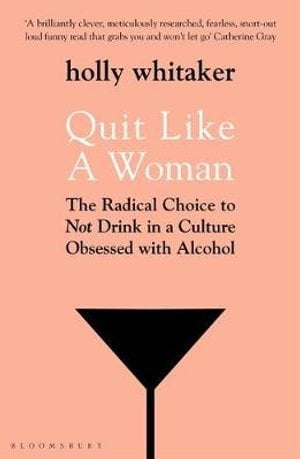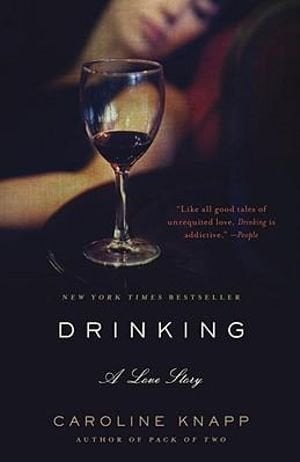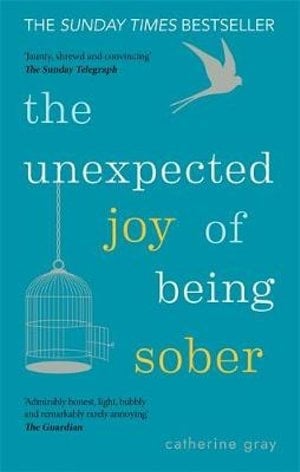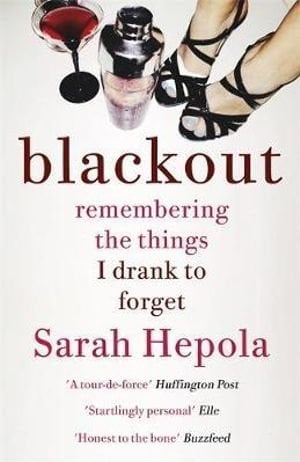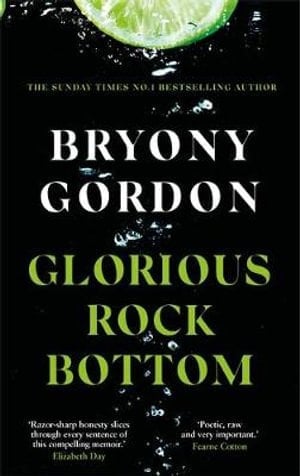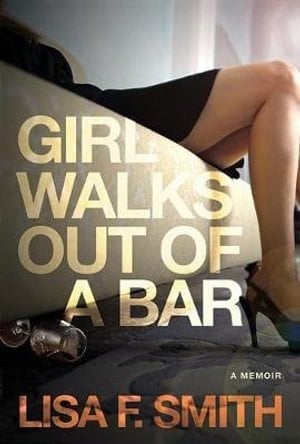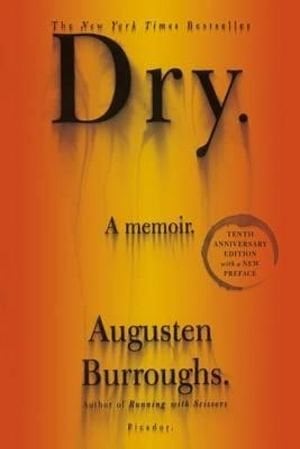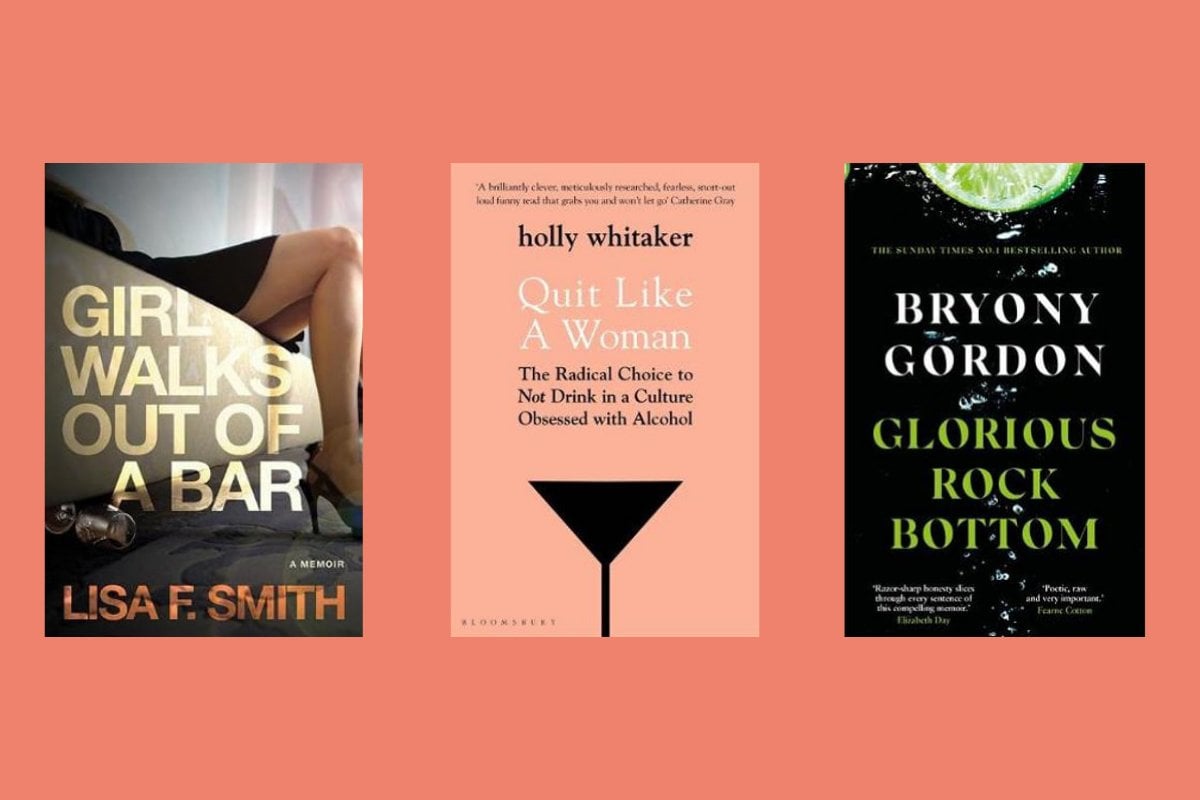
Chrissy Teigen is over 50 days sober.
The 35-year-old, who has been open about her difficult relationship with alcohol in the past, celebrated with an Instagram post, saying: "Today is my 50 day sobriety streak! it should be nearly a year but I had a few (wine) hiccups in the road."
Back in December 2020, Teigen shared it was the book Quit Like A Woman: The Radical Choice to Not Drink in a Society Obsessed with Alcohol by Holly Whittaker that first inspired her to stop drinking.
Watch: Your body after a year without alcohol. Post continues below.
"One month ago, on my birthday, I got this book from my doctor and friend," Teigen wrote with a photo of the book. "I was done with making an ass of myself in front of people (I'm still embarrassed), tired of day drinking and feeling like shit by 6, not being able to sleep."
Like Teigen, I've been sober-curious for a while, so I sat down with Whittaker's book. While I don't know if I will ever give up alcohol completely, reading such a thorough exploration of drinking culture through a feminist lens that lays out a clear roadmap to cutting it out, it made me wonder just what might be possible.


